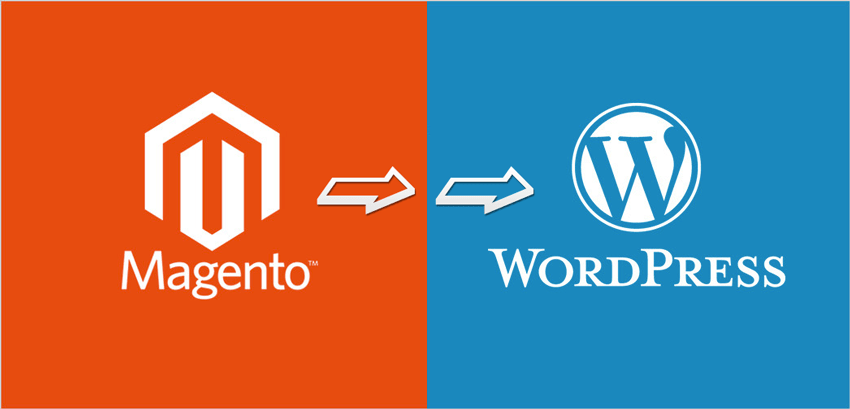 Magento, the popular open-source e-commerce platform, has been around since March 2008. It has become an essential tool for many companies and businesses and is widely used throughout the world. For those who are still unsure about whether or not to begin using this open source application, here are some advantages and disadvantages to help you make a decision.
Magento, the popular open-source e-commerce platform, has been around since March 2008. It has become an essential tool for many companies and businesses and is widely used throughout the world. For those who are still unsure about whether or not to begin using this open source application, here are some advantages and disadvantages to help you make a decision.
Advantages
Wide reaching
As an open source web application, Magento can reach a wide community of users. It is growing all the time, bringing improvements and new facilities to its audience and allowing them to learn from each other and add their own input.
Customisable
Because Magento is open-source; its users can customise their online stores and ensure it fits in with their own style. This includes modules, extensions, add-ons and themes, and the more development skills users have, the more they can take advantage of them.
Different editions
Magento comes in four different editions, each one designed to suit a particular business type. There is Magento Community, Magento Enterprise, Magento Enterprise Premium and Magento Go. The Community edition is free for users, so anyone from hobbyists to large businesses can take advantage of its facilities.
Free design templates
For those who are new to the website design world, Magento offers free templates that can be used as a quick-start guide. This makes it very easy to get an online store up and running, with the only necessary effort being uploading files and checking system settings.
Many payment options
A variety of payment options are also available on this platform. These include PayPal Express, Website Payments Pro and Standard. Magento also includes a live currency update, which is linked to WebServiceX. This means that the prices of items being sold can be altered as the exchange rate changes.
Plenty of extensions
If Magento haven’t already provided a particular extension that you need; it is highly likely that someone else has already developed it. These tend to be very cheap to get hold of and there are so many to choose from that you will probably find the one that you need.
Disadvantages
Runs on PHP
While Magento is built as if it is an enterprise Java application, it actually runs on PHP. This has created a few issues for users, including the fact that PHP can often not handle the many gigabytes of RAM that the application sometimes needs to consume. Even if you use a lot of different services, such as Amazon Cloud Services, you will still run into this same problem, which is difficult to overcome.
Needs reliable hosting
When Magento is run on a small, single server, it tends to be very slow. So, it needs a good hosting server in order to perform to the best of its ability. If you don’t have this, then the application may take a long time to load and be slow to use. In this case, it is worth paying for reliable hosting, so that you can run the application without a hitch.
Steep learning curve
It is difficult for beginners to learn how to operate Magento. Unless you know a lot about OOP/Java, it is likely that you will find it difficult to get the hang of using Magento. The system is so sophisticated that it can prove very complicated at times and requires a lot of research to become proficient in using it. It is not hacked together, which means that those used to using osCommerce will have to learn a whole new set of skills to operate it.
Despite these issues, the advantages of using Magento make it well worth looking into. Bear in mind that you will have to put a lot of effort into learning how to operate it, but that once you have done so you will probably find that it makes your life a lot easier. You can customise the application to suit your needs and also have access to a lot of support. The application is growing all the time, which means continual development and new features, so have a look at the essentials and decide whether or not it is the application for you.





Leave a Reply